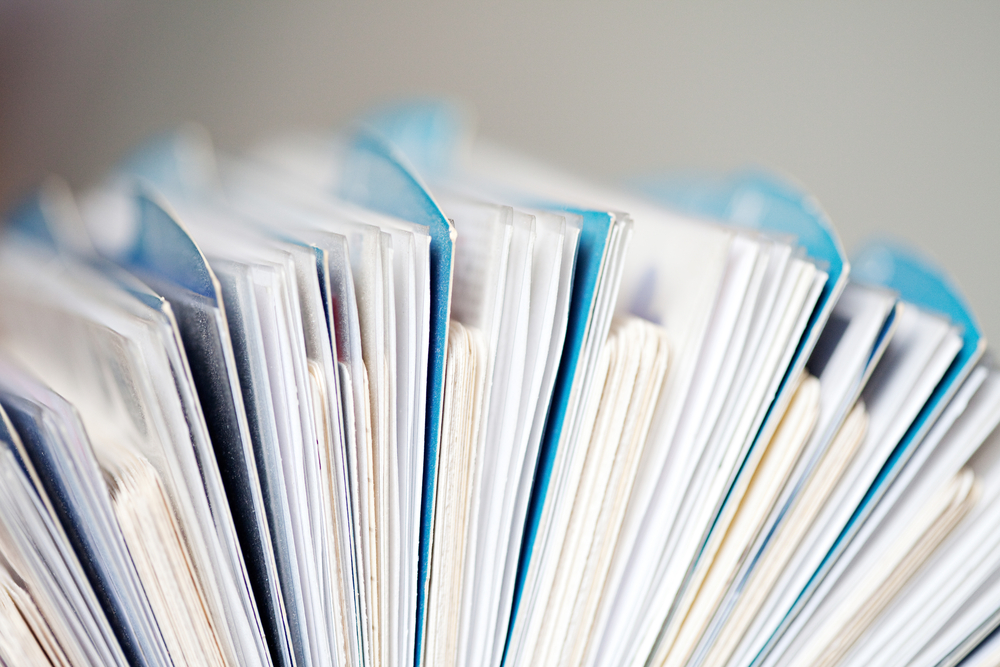
MANILA — National Solid Waste Management Commission (NSWMC) will further walk its talk on need for waste reduction, deciding to go full blast on paperless conduct of its business beginning this year.
“Going paperless will help reduce volume of trash from paper,” NSWMC Exec. Dir. Eligio Ildefonso said Monday (Jan. 26) in Metro Manila on the side of the 14th anniversary celebration of RA 9003 (Ecological Solid Waste Management Act).
He noted NSWMC decided conducting paperless meetings among its members as technological advancements already made this possible.
“Various gadgets for communicating and recording are already available in the market so there’s less need for paper,” he said.
Emergence of the Internet helped facilitate paperlesscommunication, information dissemination and transaction, hecontinued.
NSWMC will further take advantage of such Web-based development to reduce volume of trash this commission generates, he noted.
“We’ll no longer print handouts and other materials but make these available on the Web,” he said.
Included for posting on the Web are NSWMC’s invites and agenda for its meetings, he pointed out.
Online permitting is among earlier paper-reducing initiatives of NSWMC and offices under the environment department’s Environmental Management Bureau, he noted.
Ildefonso reiterated the challenge for LGUs and other sectors to go paperless.
“It can be done,” he said, explaining why NSWMC wants to set the example on paperless transactions.
NSWMC continues calling for implementation of ecological solid waste management’s three Rs – reduce, recycle, re-use.
The three Rs are essential as the Philippines generates an estimated 30,000 tons of waste daily, noted NSWMC.
Metro Manila alone generates about a fourth of such volume or some 8,000 tons of such waste, NSWMC said.
A lot of such waste still end up in dump sites, NSWMC continued.
Citing a 2003 Asian Development Bank (ADB) study, NSWMC earlier noted garbage collection is an economic burden with annual spending for this activity totaling some PhP3.8 billion in Metro Manila alone.
NSWMC said ADB’s study showed the country can save nearly PhP4 billion if recyclable and biodegradable waste can be segregated at source and not allowed to end up in dumps, however.
ADB’s 2003 waste analysis and characterization survey also show about 95 percent of household-generated solid waste can be either reused, recycled or turned into compost – leaving only five percent of trash for disposal, NSWMC added.